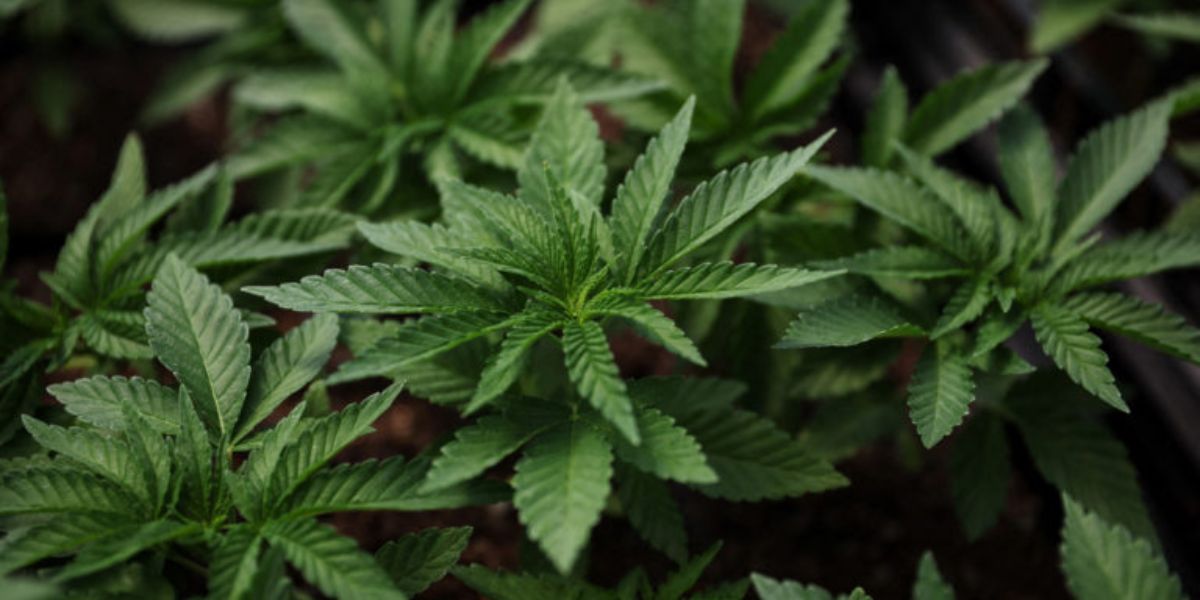As of April 2025, Wisconsin maintains stringent laws regarding cannabis use. Both recreational and medical marijuana remain illegal in the state, placing Wisconsin among the minority of U.S. states yet to embrace cannabis legalization.
Understanding the current legal landscape is crucial for residents and visitors to avoid potential legal repercussions.
Current Legal Status of Cannabis in Wisconsin
Recreational Use
Recreational marijuana is illegal in Wisconsin. Possession of any amount is considered a criminal offense:
- First Offense: Classified as a misdemeanor, punishable by up to 6 months in jail and/or a fine of up to $1,000.
- Subsequent Offenses: Elevated to a felony, carrying penalties of up to 3.5 years in prison and/or fines up to $10,000.
Medical Use
Wisconsin does not have a comprehensive medical marijuana program. The state’s medical cannabis laws are limited to the use of cannabidiol (CBD) products:
- CBD Oil: Legal for individuals with a physician’s certification, provided the product contains no more than 0.3% tetrahydrocannabinol (THC).
- Access and Distribution: The state lacks a regulated system for dispensing CBD products, making access challenging for patients.
Legislative Efforts and Public Opinion
Proposed Legalization Measures
In recent years, there have been multiple attempts to reform Wisconsin’s cannabis laws:
- Governor’s Proposal: Governor Tony Evers included provisions to legalize, regulate, and tax both medical and recreational marijuana in his 2023-2025 budget proposal. However, these measures were removed by the legislature’s Joint Finance Committee in May 2023.
- Medical Marijuana Bill: Assembly Republicans introduced a bill in early 2024 aiming to establish a limited medical cannabis program. The proposal faced criticism for its restrictive nature and has not advanced significantly.
Public Support
Public sentiment in Wisconsin strongly favors cannabis legalization:
- Medical Marijuana: Approximately 86% of residents support legalizing medical marijuana.
- Recreational Marijuana: A majority of registered voters also favor legalizing recreational use.
Despite this widespread support, legislative action has lagged, leaving Wisconsin’s cannabis policies unchanged.
Neighboring States and Regional Impact
Wisconsin’s stance on cannabis contrasts sharply with its neighbors:
- Illinois and Michigan: Both states have legalized recreational marijuana, leading some Wisconsin residents to cross state lines for cannabis purchases. This situation raises concerns about lost tax revenue and the legal risks associated with transporting cannabis across state borders.
- Minnesota: As of early 2025, Minnesota has legalized medical marijuana and is considering legislation for recreational use.
The differing laws among neighboring states create a complex regional landscape, influencing both consumer behavior and law enforcement practices.
Legal Consequences and Enforcement
Wisconsin enforces strict penalties for cannabis-related offenses:
- Possession: As noted, even small amounts can lead to significant legal consequences, including jail time and substantial fines.
- Paraphernalia: Possession of drug paraphernalia is also illegal, carrying penalties of up to 30 days in jail and a $500 fine.
- Distribution and Cultivation: Engaging in the sale or cultivation of cannabis results in more severe charges, with longer prison sentences and higher fines.
CBD and Hemp Products
The legal landscape for CBD and hemp-derived products is somewhat more permissive:
- Hemp-Derived CBD: Legal in Wisconsin, provided it contains less than 0.3% THC. There are no specific age restrictions for purchase, though many retailers require buyers to be at least 18 years old.
- Delta-8 THC: The legality of Delta-8 THC, a psychoactive compound derived from hemp, remains ambiguous in Wisconsin. Consumers should exercise caution and stay informed about potential legal changes.
Future Outlook
While public support for cannabis legalization in Wisconsin is robust, legislative progress remains slow. Factors influencing the future of cannabis laws in the state include:
- Political Dynamics: Partisan divisions have hindered the advancement of cannabis reform bills.
- Economic Considerations: Potential tax revenue from legalized cannabis continues to be a topic of discussion among policymakers.
- Regional Pressure: Legalization in neighboring states may increase pressure on Wisconsin lawmakers to reconsider the state’s stance.
Conclusion
As of April 2025, both recreational and medical use of marijuana remain illegal in Wisconsin, with limited exceptions for low-THC CBD products. Despite strong public support and ongoing legislative efforts, significant legal reforms have yet to materialize. Residents and visitors must adhere to current laws to avoid severe penalties. Staying informed about legislative developments is essential, as the legal landscape may evolve in response to public opinion and regional trends.




